해외논문으로 한번 확인해볼까요?
한약이 폐기종에 도움된다는 논문(중국)
Effect of Radix Stemonae concentrated decoction on the lung tissue pathology and inflammatory mediators in COPD rats.
Wang Z, Yang W, Yang P, Gao B, Luo L
Abstract
BACKGROUND:
Chronic obstructive pulmonary disease (COPD) is a common and frequently occurring respiratory disease. At present, western medicine treatment of COPD mainly focuses on symptomatic treatment. Using Chinese medicines or integrated Chinese and Western medicines to treat stable COPD has significant efficacy. In this study, we aimed to observe the effect of Radix Stemonae concentrated decoction on the lung tissue pathology and inflammatory mediators in COPD rats and explore its possible mechanism.
METHODS:
SD rats were randomized into blank group, COPD model group and Radix Stemonae group, 10 cases in each group. Rats were fed for 112 days. Before the rats were sacrificed, lung function of the animals was tested. The right lower lung was fixed for morphologic observation. The inflammatory mediators in serum were determined using enzyme-linked immuno sorbent assay.
RESULTS:
Body weight of animals in the model group was significantly decreased compared with blank group (P < 0.05). After gavage therapy with Radix Stemonae, body weight was significantly increased (P < 0.05). Compared with the blank group, pulmonary functions of rats in the model group were significantly abnormal (P < 0.05), while in Radix Stemonae group, these indicators turned much better than model group (P < 0.05). As for pathological changes in lungs, airway inflammation in the model group was aggravated. In the Radix Stemonae group, inflammation and emphysema were much milder. The concentrations of TNF-α, IL-8 and LTB4 in both model group and Radix Stemonae group were increased significantly (P < 0.05). But the levels in Radix Stemonae group were decreased significantly than model group (P < 0.05).
CONCLUSION:
Radix Stemonae concentrated decoction may mitigate and improve airway rebuilding in the lungs of COPD rats by inhibiting the release of inflammatory mediators.
(BMC Complement Altern Med. 2016 Nov 10;16(1):457)
- 한약이 폐조직 병리 및 염증매개체에 미치는 영향을 연구한 논문입니다.
일부를 발췌해보면
Radix Stemonae concentrated decoction may mitigate and improve airway rebuilding in the lungs of COPD rats by inhibiting the release of inflammatory mediators.
한약은 COPD(폐기종)에서 염증매개체의 방출을 억제하여 기도재건을 완화하고 개선시킬 수 있습니다
논문 한편을 더 살펴봅시다
한약처방이 고령 폐기종 환자의 악화를 감소시키는데 도움이 된다는 논문(일본)
Reduction in exacerbation of COPD in patients of advanced age using the Japanese Kampo medicine Dai-kenchu-to: a retrospective cohort study.
joT, Michihata N, Yamana H, Sasabuchi Y, Matsui H, Urushiyama H, Mitani A, Yamauchi Y, Fushimi K, Nagase T, Yasunaga H
Abstract
Purpose:
Patients with symptomatic COPD are recommended to use inhaled bronchodilators containing long-acting muscarinic receptor antagonists (LAMAs). However, bronchodilators may cause gastrointestinal adverse effects due to anticholinergic reactions, especially in advanced-age patients with COPD. Dai-kenchu-to (TU-100, Da Jian Zhong Tang in Chinese) is the most frequently prescribed Japanese herbal Kampo medicine and is often prescribed to control abdominal bloating and constipation. The purpose of this study was to evaluate the role of Dai-kenchu-to as a supportive therapy in advanced-age patients with COPD.
Patients and methods:
We used the Japanese Diagnosis Procedure Combination inpatient database and identified patients aged ≥75 years who were hospitalized for COPD exacerbation. We then compared the risk of re-hospitalization for COPD exacerbation or death between patients with and without Dai-kenchu-to using 1-to-4 propensity score matching. A Cox proportional hazards model was used to compare the two groups. We performed subgroup analyses for patients with and without LAMA therapy.
Results:
Patients treated with Dai-kenchu-to had a significantly lower risk of re-hospitalization or death after discharge; the HR was 0.82 (95% CI, 0.67-0.99) in 1-to-4 propensity score matching. Subgroup analysis of LAMA users showed a significant difference in re-hospitalization or death, while subgroup analysis of LAMA non-users showed no significant difference.
Conclusion:
Our findings indicate that Dai-kenchu-to may have improved the tolerability of LAMA in advanced-age patients with COPD and, therefore, reduced the risk of re-hospitalization or death from COPD exacerbation. Dai-kenchu-to may be recommended as a useful supportive therapy for advanced-age patients with COPD.
(Int J Chron Obstruct Pulmon Dis. 2018 Dec 27;14:129-139. doi: 10.2147/COPD.S181916. eCollection 2019.)
- 한약처방이 고령 폐기종 환자의 악화를 감소시키는데 도움이 된다는 논문입니다
일부를 발췌해보면
Our findings indicate that Dai-kenchu-to may have improved the tolerability of LAMA in advanced-age patients with COPD and, therefore, reduced the risk of re-hospitalization or death from COPD exacerbation.
한약은 양약 흡입제의 내약성을 개선하여 COPD(폐기종) 악화로 인한 재입원 또는 사망위험을 줄였습니다

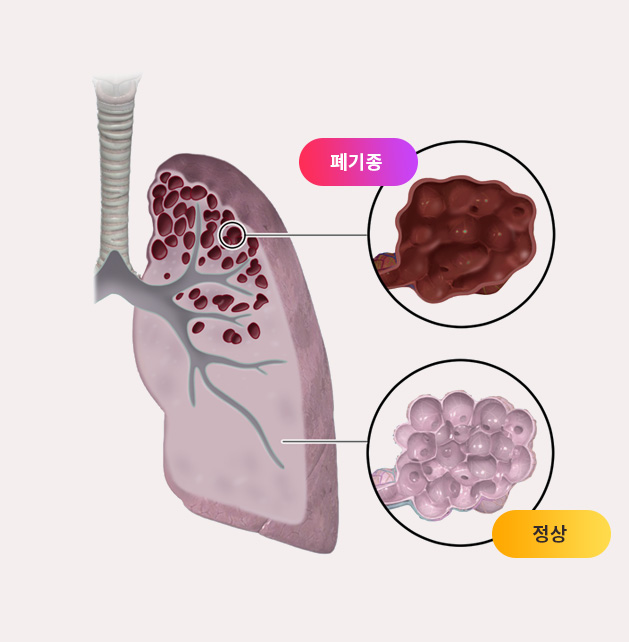

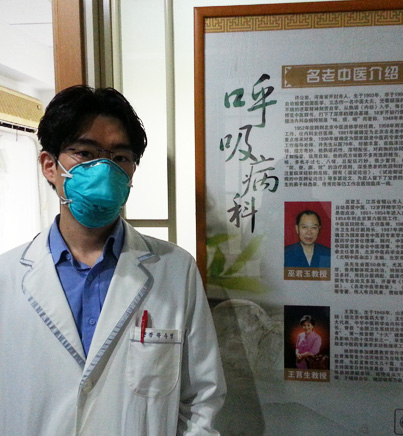
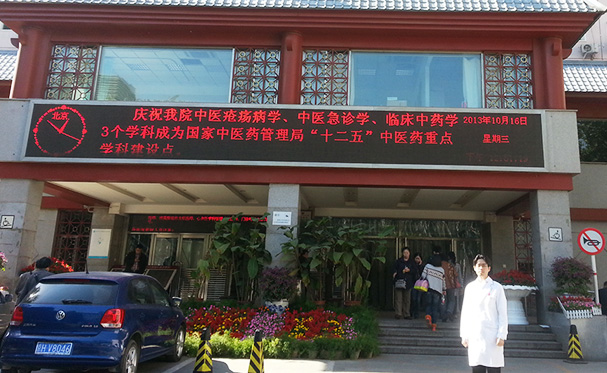
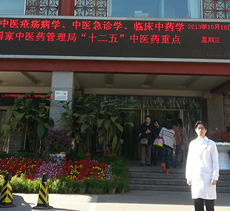
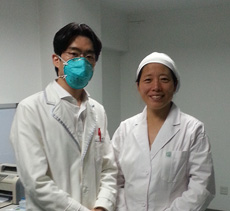

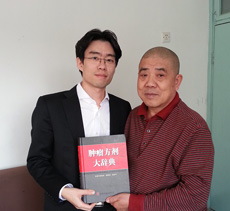


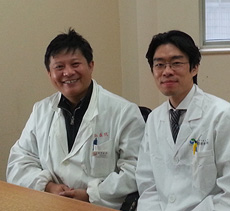
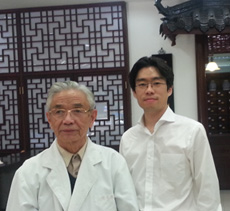
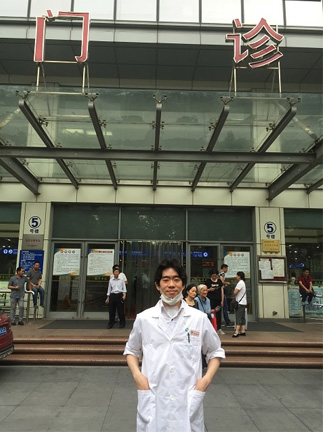
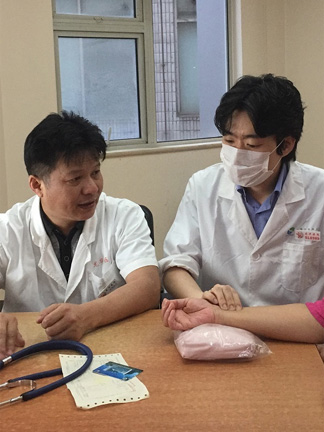
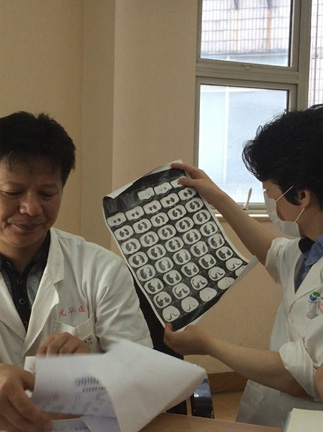
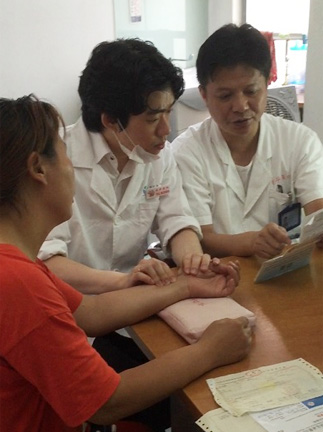
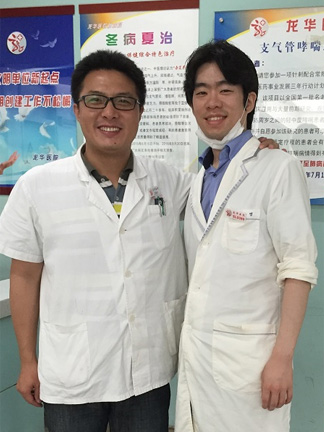
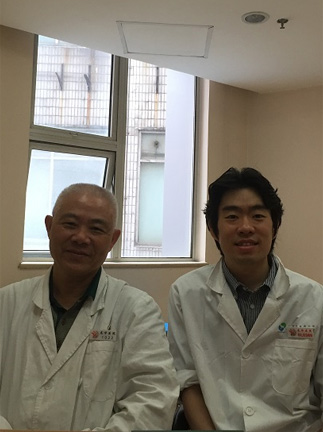
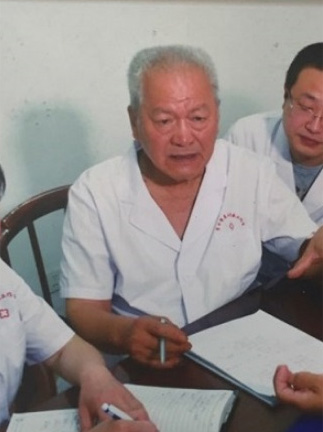
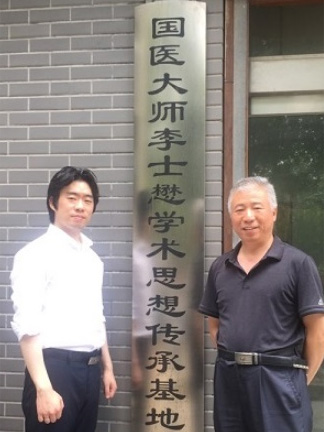
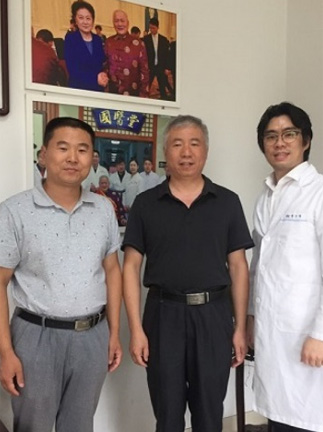
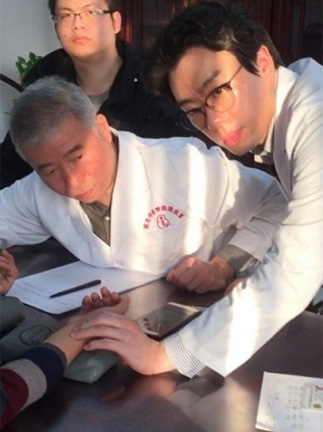
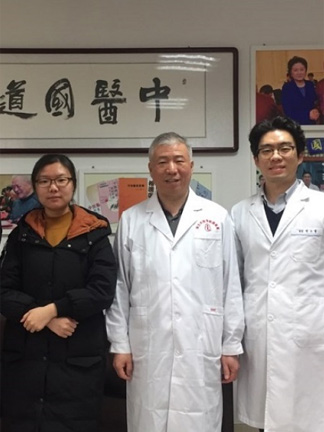
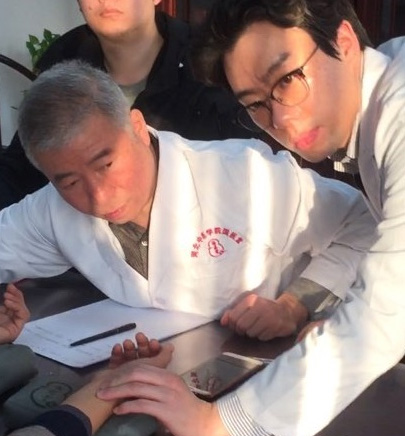 이사무 선생의 진료실에서
이사무 선생의 진료실에서


